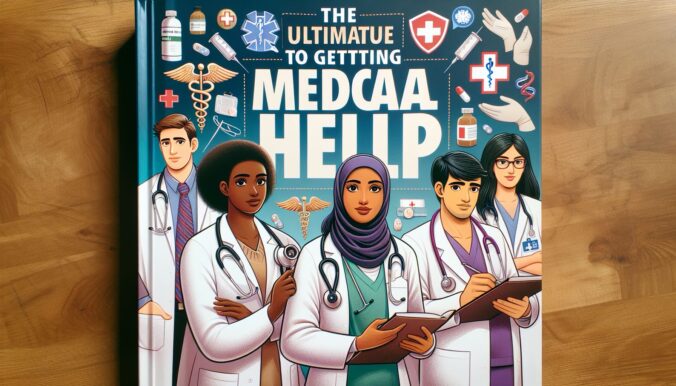When it comes to our health, it’s crucial to know where to turn for medical help. Whether you’re dealing with a minor illness or a more serious medical emergency, having the right information can make all the difference. In this guide, we will explore the different avenues you can take to get the medical help you need.
Getting Started
The first step in seeking medical help is to assess the severity of your condition. If you’re experiencing a life-threatening emergency, such as chest pain, difficulty breathing, or severe bleeding, call 911 immediately. For less urgent matters, you may consider visiting your primary care physician or an urgent care clinic.
Primary Care Physician
Your primary care physician is your first point of contact for non-emergency medical issues. They can provide routine check-ups, screenings, and treatment for common illnesses. If you don’t have a primary care physician, you can search for one in your area through your insurance provider or local healthcare directory.
Urgent Care
Urgent care clinics are a convenient option for medical issues that need prompt attention but are not life-threatening. These facilities offer walk-in appointments and extended hours, making them a suitable choice for after-hours care or when your primary care physician is unavailable.
Emergency Room
If you have a medical emergency that requires immediate attention, head to the nearest emergency room. Emergency rooms are equipped to handle serious injuries and illnesses, such as heart attacks, strokes, and severe trauma. Be prepared for potentially long wait times, as patients with the most critical conditions will be prioritized.
Telemedicine
Telemedicine offers a convenient way to consult with healthcare providers from the comfort of your own home. Through video calls or phone consultations, you can receive medical advice, prescriptions, and referrals to specialists. Many insurance plans now cover telemedicine services, making it a cost-effective option for non-emergency medical needs.
Conclusion
Knowing where to turn for medical help is essential for maintaining your health and well-being. By familiarizing yourself with the different avenues available, you can ensure prompt and appropriate care when you need it most. Whether you visit your primary care physician, an urgent care clinic, or the emergency room, seeking medical help promptly can improve your outcomes and overall health.
Remember, your health is your most valuable asset, so don’t hesitate to seek medical help when you need it. Stay informed, be proactive about your health, and don’t delay in getting the care you deserve.
